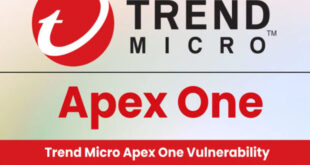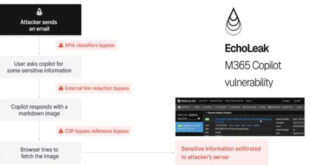Microsoft has fixed critical vulnerabilities in its core cloud services, including Azure Automation, Azure Storage, Azure DevOps, and Microsoft Power Apps. While these flaws haven’t been publicly disclosed or exploited, they highlight the need for proactive security measures in cloud-native development.
CVE-2025-29813 (CVSS 10.0): Azure DevOps Pipeline Token Hijack:
A serious vulnerability in Azure DevOps scored a maximum CVSS of 10.0. Microsoft reported that it let attackers with project-level access exchange temporary pipeline job tokens for permanent ones, allowing them to gain higher privileges within a project.
“An attacker who successfully exploited this vulnerability could extend their access to a project,” Microsoft warned, adding that the issue lay in how the Visual Studio updater handled these sensitive tokens. A correction in token handling logic that prevents improper privilege escalation.
CVE-2025-29827 (CVSS 9.9): Azure Automation Improper Authorization:
An elevation of privilege vulnerability in Azure Automation allowed authorized users to increase their privileges over a network. While it only affected authorized attackers, it posed a serious risk in shared or multi-tenant environments.
CVE-2025-29972 (CVSS 9.9): Azure Storage Resource Provider Spoofing via SSRF
This spoofing vulnerability took advantage of a server-side request forgery (SSRF) issue in the Azure Storage Resource Provider. An authorized attacker could exploit this by sending deceptive requests to impersonate other services or users.
CVE-2025-47733 (CVSS 9.1): Microsoft Power Apps Information Disclosure
A new SSRF vulnerability in Microsoft Power Apps lets unauthorized attackers access network information without needing authentication, raising its risk if not fixed.
No Action Required
Microsoft stated that no user action is needed regarding the serious vulnerabilities, three of which have a CVSS score above 9.0. All issues have been addressed at the platform level, stopping any potential exploitation before public disclosure.
 InfoSecBulletin Cybersecurity for mankind
InfoSecBulletin Cybersecurity for mankind














